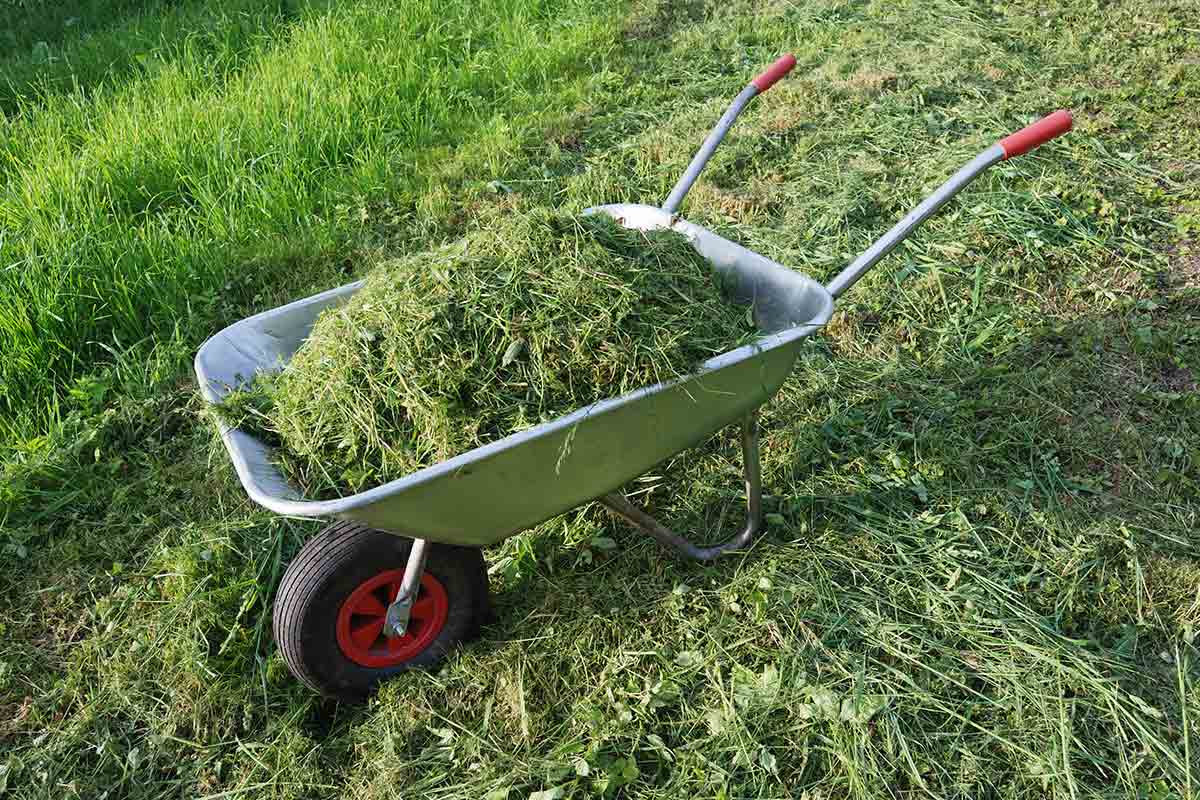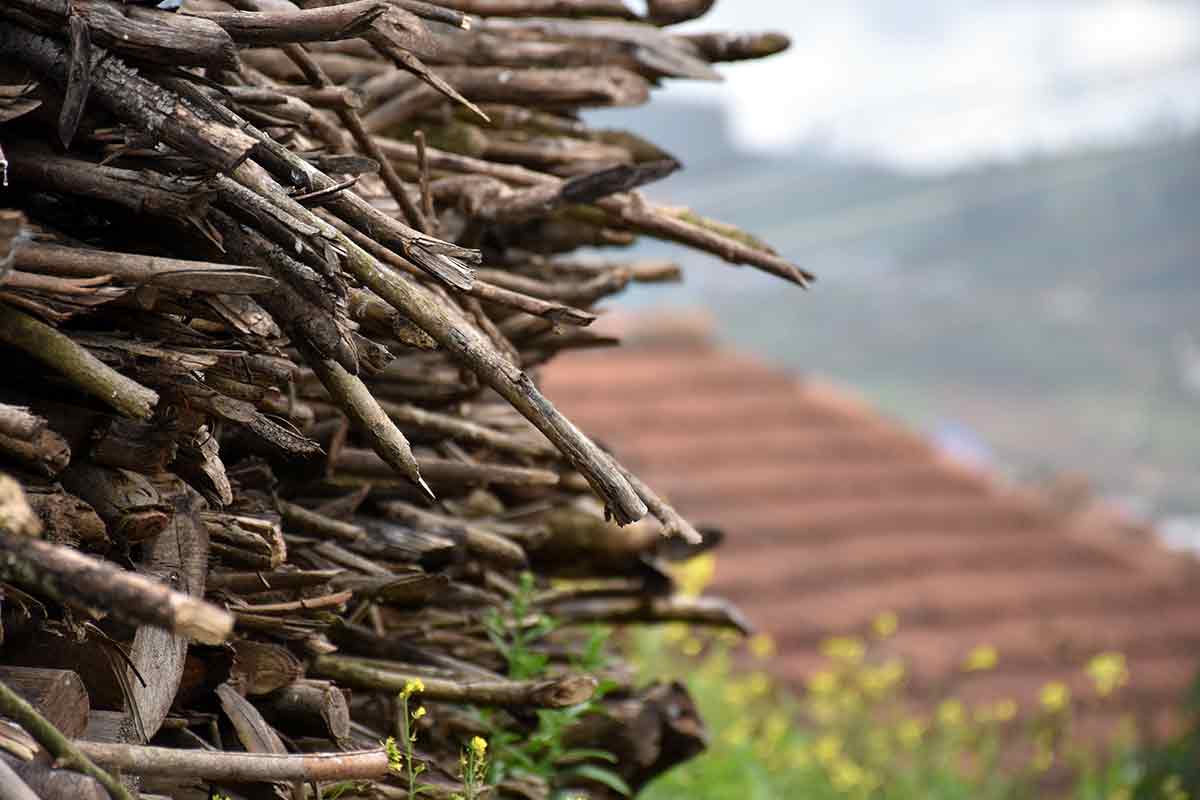Quality matters when hiring for a big project. Call a Best Pick now!
Ah, the many joys of homeownership. With privacy and the ability to be the ruler of your own domain topping that list, at the other end would have to be the responsibilities and consequences that go along with that.
For homeowners lucky enough to have their own yards, those responsibilities include maintaining that yard and disposing of the resulting yard waste.
From grass clippings to fallen leaves and the occasional tree limb, most homeowners will have no shortage of yard waste to deal with as fall begins, particularly as trees start shedding their leaves. With a steady stream of debris to deal with, you should know your options for safely getting rid it.
Hire a Professional
Let’s get the obvious out of the way. The easiest way to deal with your yard is to hire a lawn care professional to do it for you. If you currently have one performing your regular lawn maintenance, they’re probably already taking care of your grass clippings, and it’s likely that they also offer leaf removal services.
Tree limb removal should generally be left to tree service professionals. Lawn care companies may offer to haul away small fallen branches, but if you are planning to get your trees pruned ahead of winter, a tree service is going to be far better equipped to deal with fallen limbs.
Recycle Yard Waste
Not everyone wants to hire someone to take care of their yard. Understandably, some people can’t bring themselves to pay for something that they can do themselves, and still others actually enjoy doing yard work. I know, I don’t get it either.
One of the great things about yard waste is that it has quite a few potential uses that can improve your yard; not so much disposal as recycling.
Grass clippings

Even though summer has said its goodbyes, your grass will hang on for a while longer; it’s almost certainly going to grow well into the fall.
Uses for grass clippings:
- Leave them in your lawn to act as a substitute fertilizer, returning essential nutrients to the soil and encouraging beneficial microorganisms and earthworms.
- Grass clippings are great additions for compost piles. Fresh and dried grass clippings are useful as “green” or “brown” compost materials, respectively.
- They make for excellent, high-nitrogen mulch that is great for flower beds, vegetable gardens, or trees and shrubs.
- The clippings are also helpful in creating a weed barrier.
Fall leaves
After putting on their annual spectacular, multicolored display, trees begin the seemingly endless process of shedding their leaves throughout the fall and winter. In addition to spending forever and a day raking, bagging, and putting leaves out for pickup, leaves also have beneficial uses, much like grass clippings.
Uses for fall leaves:
- They can be used as “brown” material for compost piles.
- Shredded leaves (via mowing) are great for creating organic mulch.
- Mowed leaves left on the lawn simultaneously provide nutrients and inhibit weed growth.
- When left in a pile on your lawn, they can create leaf mold, which improves the quality and structure of soil.
- A variety of fall arts and crafts projects use the browns and oranges of fallen leaves.
If there are more than a few trees in and around your yard, you’ll probably have more than enough leaves to use for all the above, since the approximate number of leaves on any given tree seems to somehow approach infinity.
Tree Limbs

Beyond grass and leaves, homeowners may occasionally have to deal with fallen limbs or perform some preemptive pruning. If you’re having a professional handle your trees, they often provide disposal services or cut large pieces of wood into useable sizes for you.
While not as versatile as other yard waste, tree limbs and branches are obviously useful as kindling or firewood in addition to their usefulness in making decorations, furniture, or wood chips.
Haul It Away
If you don’t want to deal with your yard waste and just want it hauled away, contact your local municipal waste removal service to see if they pick up yard trash for recycling. Be sure to ask for details; most jurisdictions have strict guidelines on residential outdoor burning.
Things to ask your municipal waste removal service:
- What is the cost of yard waste pickup?
- Is there a limit to the amount that is picked up?
- What kinds of waste are picked up?
- When and how often are pickups?
- What preparations should homeowners make for pickup?
Avoid Burning Yard Waste
Some homeowners may decide to dispose of their yard waste by burning it, but avoid this whenever possible. In addition to releasing harmful pollutants into the air (and subsequently, soil and water), burning yard waste creates a risk of dangerous, difficult-to-control wildfires.
If for whatever reason you must burn your yard waste, be sure to follow local regulations regarding when and what you can burn, and take all recommended safety precautions.
The Bottom Line
While dealing with yard waste is a burden that every homeowner with a yard must bear, it can also be a blessing. Yard waste is probably a misnomer, since it has so many beneficial uses in and around your yard.
If you’re a home gardener, you should take advantage of these incredibly useful materials; your garden and lawn will surely benefit. Besides, it’s nice to get something out of all that hard work.


























